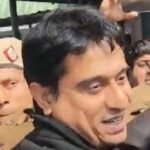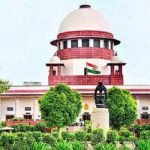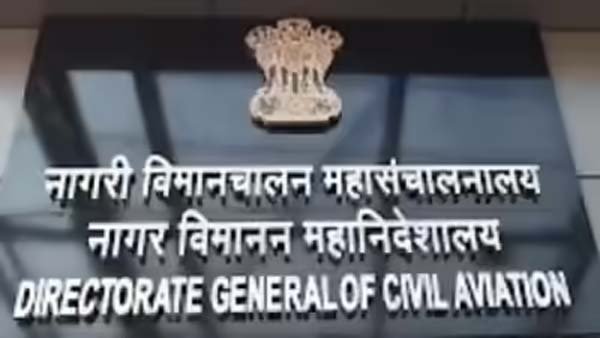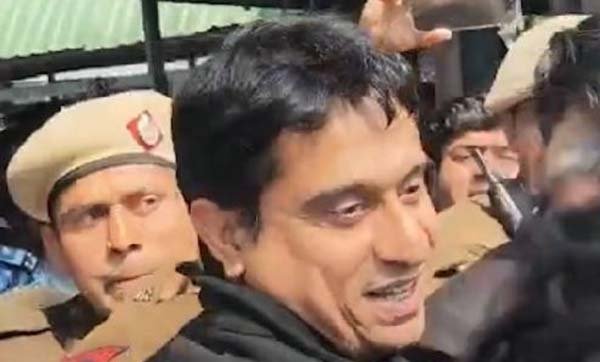New Delhi, Sep 4 (UNI) The Supreme Court today refused to grant interim bail to Kashmiri separatist leader Shabir Ahmed Shah in a terror funding case registered by the National Investigation Agency (NIA), despite pleas citing his poor health.
A Bench of Justice Vikram Nath and Justice Sandeep Mehta was hearing Shah’s appeal against a Delhi High Court order dated June 12, 2024, which had dismissed his bail application. While issuing notice to the NIA and seeking its response within two weeks, the Court made it clear that Shah would not be released at this stage.
The matter has been posted for further hearing after two weeks.
Senior Advocate Colin Gonsalves, appearing for Shah, pressed for interim bail on medical grounds, arguing that his client’s health had deteriorated due to prolonged incarceration.
The Bench, however, was not persuaded and declined the request for temporary release.
The Delhi High Court, while rejecting Shah’s bail plea earlier, had held that the gravity of the charges and the likelihood of him engaging in similar unlawful activities or influencing witnesses weighed against his release.
Shah, a senior separatist leader in Jammu and Kashmir, was arrested by the NIA on June 4, 2019.
The case stems from a 2017 FIR against 12 persons alleging a conspiracy to raise and channel funds for large-scale disruptive activities in the Valley.
According to the NIA, the funds were used to finance stone pelting, damage public property, and support activities aimed at waging war against the Government of India.
The agency has alleged that Shah played a central role in mobilising funds from both domestic and cross-border sources, with the intent to fuel unrest in Jammu and Kashmir.
He has been charged under provisions of the Unlawful Activities (Prevention) Act (UAPA) and the Indian Penal Code, including criminal conspiracy and waging war against the state.
While Shah’s defence has maintained that the charges are politically motivated and that his prolonged detention violates his fundamental rights, the NIA has opposed his release, citing his alleged involvement in sustaining separatist activities in the region.











